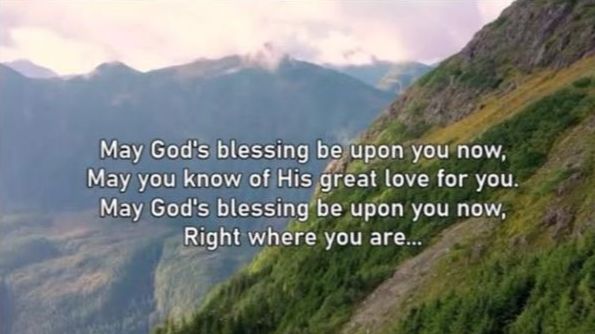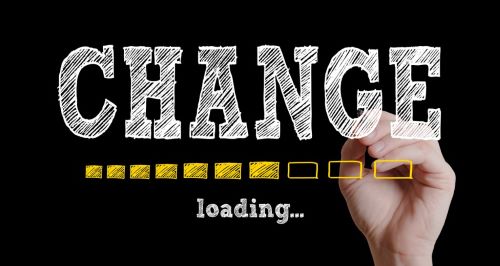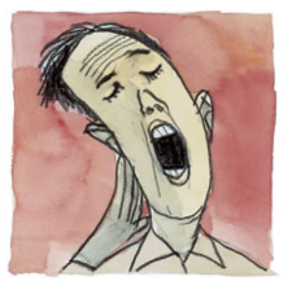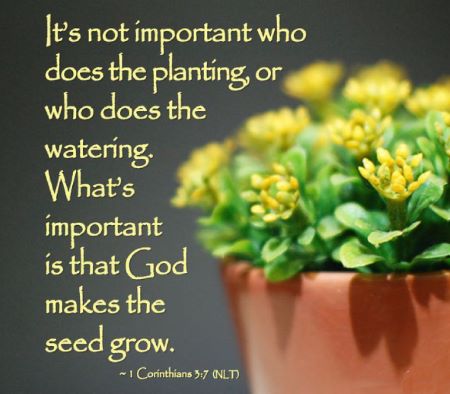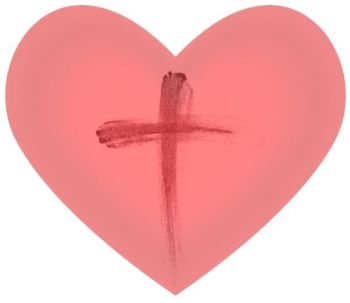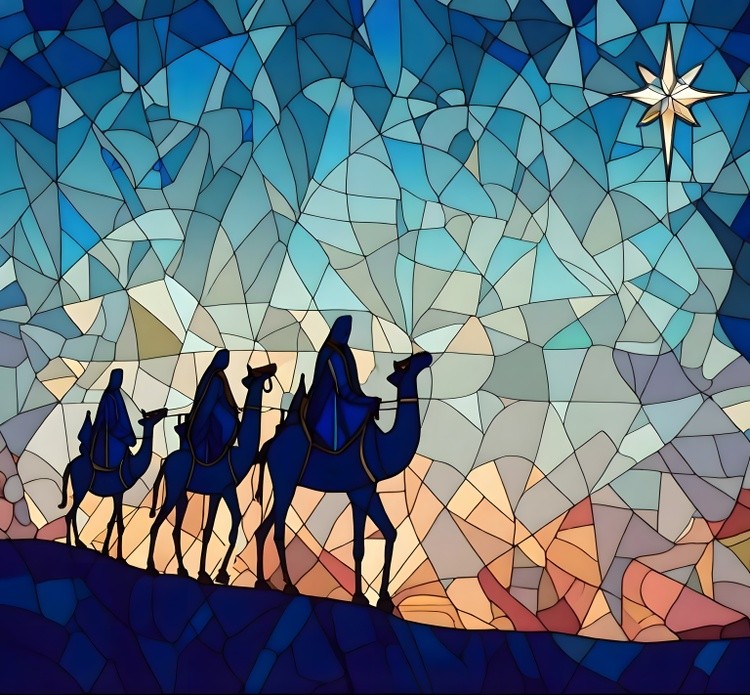Our Own Wilderness Journey
I really didn’t want to give up this much for Lent. And I didn’t want to give up Holy Week either. Or Easter.
At 7:30 am on March 15, my body had a “felt sense” that I was in the wrong place. I woke up at the usual time, but when I would typically have “gotten ready for the day,” I didn’t need to. There was no 8:00 service, no 10:00 service, no chatting, no coffee hour to go to. There were no epidemiological warnings or theological reminders about how we receive “in both kinds even when we receive in one kind,” because there was no receiving of any kind. There was just an awkward feeling of being out of place. Out of sync.
It was awkward because being fed weekly at Table is central to our faith. When we consecrate bread and wine in community, we enter Jesus’ presence, and we are nourished and healed by it, even if we are not “cured.” In communion, we embody that we are all members of One Body, One Spirit. But on that Sunday, we did not gather. We were not fed.
At March 12th’s Vestry / Council meeting, and because of rising infection numbers, leadership decided to cancel worship until Palm Sunday. And then in the following days, the pandemic’s numbers continued to increase so much so, that on March 17, both of our bishops “implored and directed” us to cancel “all things church” until (at least for now) May 10.
Two Churches’ stands, but the doors have effectively been locked; and it may feel like our Temple has been destroyed. Richard Rohr recently wrote: “At one time or another the people of Israel had been oppressed by the Egyptians, the Canaanites, the Assyrians, the Babylonians, the Persians, and the Greeks. The prophets warned against collaborating with these power structures and promised that each of them would one day decline and fall, which they did. In this, the prophets saw the finger of God. For most Jews, the destruction of the temple in Jerusalem would mean the destruction of their worship, their culture, and their nation. But Jesus’ concern was not for the future of the Temple itself, but for the people of Jerusalem,” especially those who would suffer.
And now we have been oppressed by a novel coronavirus. But this is not God’s punishment. It is simply that life, even viral life, continues to evolve in God’s diversity. And sometimes we marvel at it. And sometimes we wonder what God was thinking. But let’s remember too, that in Job 38, God explains that there’s a lot of really big stuff you just can’t understand; but rest assured that God understands it, and that even when there is suffering, God is still God.
We have all just taken off on a wilderness journey with God. Perhaps like the Israelites. We don’t know how long it will last, or whether we will find the many kinds of sustenance to which we have become accustomed. We may yearn for the fleshpots of Egypt. But we are on our way home. And it’s my prayer that we all do all the things we need to do to recover from this pandemic. And that when it comes to a close, we will all be a little kinder, will think of each other more often, and be more willing share from our abundance.
Sheltering in place, working at home for those who are able, and leaving home otherwise only for groceries, medicines, or medical appointments will be a challenge. It will be disconcerting. It will at times feel awful. But we will reach out to each other and do what we can to support each other. And whenever it is that we are able to gather again, we will commemorate the suffering that has been, and the new life which always comes. After all, the date for Easter changes each year, and so when we do celebrate it –– and we will –– it will truly be our Easter. And we won’t be giving up anything at all.
God’s peace be upon you.
Mike+

